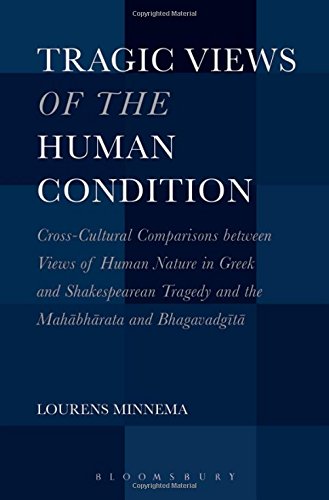

Most ebook files are in PDF format, so you can easily read them using various software such as Foxit Reader or directly on the Google Chrome browser.
Some ebook files are released by publishers in other formats such as .awz, .mobi, .epub, .fb2, etc. You may need to install specific software to read these formats on mobile/PC, such as Calibre.
Please read the tutorial at this link: https://ebookbell.com/faq
We offer FREE conversion to the popular formats you request; however, this may take some time. Therefore, right after payment, please email us, and we will try to provide the service as quickly as possible.
For some exceptional file formats or broken links (if any), please refrain from opening any disputes. Instead, email us first, and we will try to assist within a maximum of 6 hours.
EbookBell Team

4.4
102 reviewsCan tragic views of the human condition as known to Westerners through Greek and Shakespearean tragedy be identified outside European culture, in the Indian culture of Hindu epic drama? In what respects can the Mahabharata epic's and the Bhagavadgita's views of the human condition be called ‘tragic' in the Greek and Shakespearean senses of the word?
Tragic views of the human condition are primarily embedded in stories. Only afterwards are these views expounded in theories of tragedy and in philosophical anthropologies. Minnema identifies these embedded views of human nature by discussing the ways in which tragic stories raise a variety of anthropological issues―issues such as coping with evil, suffering, war, death, values, power, sacrifice, ritual, communication, gender, honour, injustice, knowledge, fate, freedom. Each chapter represents one cluster of tragic issues that are explored in terms of their particular (Greek, English, Indian) settings before being compared cross-culturally. In the end, the underlying question is: are Indian views of the human condition very different from Western views?